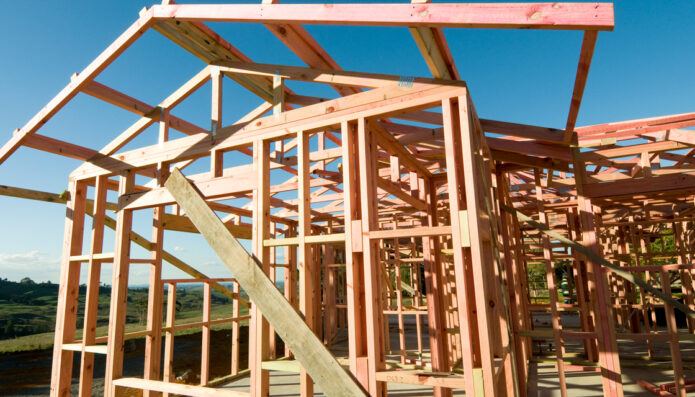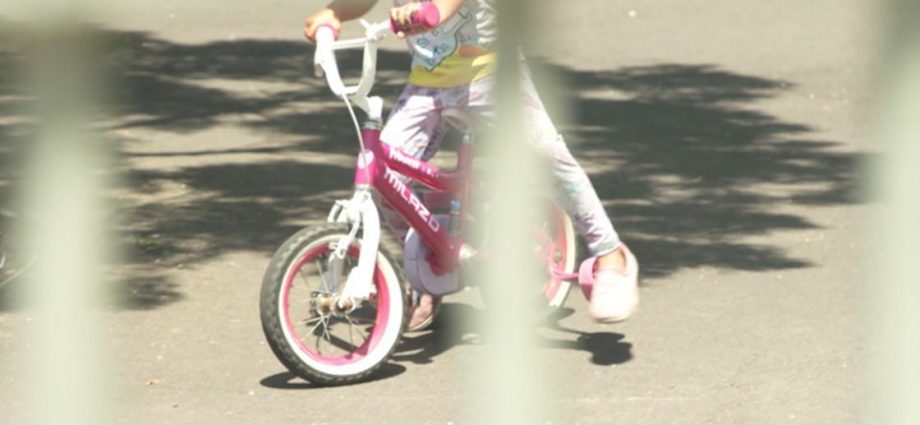PHOTO: Emergency accommodation. FILE
Government’s Efforts Cut Emergency Housing in Motels by Half
The number of families living in motels arranged by the government has significantly decreased. Recent data from the Ministry of Social Development indicate that households in emergency housing peaked at 5,040 in the December 2021 quarter, but this figure has since dropped to 2,280 as of May this year.
Anne Shaw, Acting Group General Manager of Housing, credited the decline to intensive efforts aimed at transitioning people from emergency housing to more stable accommodations, such as private rentals, transitional housing, or public housing.
“Our emergency housing support services, which include navigators, housing brokers, and rental readiness programs, continue to play a critical role in preparing people to access and sustain suitable, long-term housing,” Shaw told 1News.
This progress aligns with the government’s commitment to reducing the number of households in emergency housing by 75% by 2030.
Earlier this year, Associate Housing Minister Tama Potaka introduced a new priority category aimed at accelerating the transition of families with children who have been in emergency housing for more than 12 weeks to the top of the social housing waitlist.
“We know that children in emergency housing for an extended period are most at risk of poor health and education outcomes,” Potaka said.
To reach their target, the government is funding a variety of initiatives, including emergency housing support services. These services include housing brokers to assist people in finding more suitable housing and a flexible funding program to support the educational needs of children.
The government is also tightening emergency housing eligibility to ensure it remains a short-term, last-resort option. This year’s budget allocated $140 million to Community Housing Providers to create 1,500 new social housing places.
Despite these advances, Housing First Ōtautahi manager Nicola Fleming highlighted the ongoing need for emergency housing. “We have people who are in between homes. They may have a lease end through a private owner and then they can’t find anything else or we can’t for them for a period of time. So where do they go? They’ve been housed. We don’t want them back in the street so emergency housing is our only option,” she said.
Fleming also emphasized the need for a variety of housing options, pointing out the lack of one-bedroom houses. “They’re building high-rise 30 block units for complex high vulnerable needs. That doesn’t work for us. In some cases yes, but if you’ve got anxiety, mental health, addiction, trauma and you get placed in a unit in the middle of a 30-bedroom block it’s just not going to work.”
Currently, Fleming’s organization has 100 people on a waitlist for long-term accommodation, a number that remains static despite ongoing efforts to house people.
SOURCE: 1NEWS














